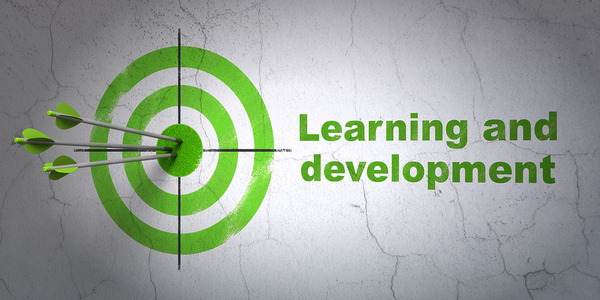
Learning should be a lifelong pursuit, both for professional growth and for personal development. As 2017 gets underway, you can take the opportunity to set some goals for the rest of the year and onward, to govern what you want to learn in the future and what steps you plan to take.
Specific Goals Work Best
After an initial brainstorming period to get your ideas flowing, it’s time to get specific about what you want to learn and the steps you will take to accomplish your goals. If your goal is to learn conversational Spanish so you can communicate better with Spanish-speaking customers at your job, how will you accomplish that goal?
There are many different ways to accomplish a given goal. With the Spanish example, you could take a course, listen to audio lessons and videos online, or watch the Spanish news broadcast each day to try to pick up more words and build your vocabulary. The important thing is to decide which specific steps you will take because you aren’t likely to reach your goal without defining the steps that it will take to get there.
It’s also important to define each step and how you will know you have accomplished it. For the Spanish example, you might have a certain number of words you want to learn, or you may define accomplishment as being able to have a short conversation with your clients in Spanish.

Defining Your Timeline
If you don’t have a timeline or deadline for your goal, you are likely to put off taking action or not make your action items a priority. If you want to improve your conversational Spanish, you might set a timeline of learning 100 new words in a month or being able to understand and answer common customer questions in Spanish within three months.
Short- and Long-Term Goals
You don’t need to limit yourself to one goal at a time, but having too many goals may lead to paralysis in trying to decide which one to pursue. It’s best to choose a few important goals and not spread yourself too thin. You can strike a balance between short- and long-term goals in order to have a variety of items to work on.
Rewards Help You Stay Motivated
As you reach each of your short-term goals, it can be a good idea to reward yourself, even in a small way, to stay motivated. After learning 25 new Spanish words, you could treat yourself to dinner at your favorite Spanish restaurant or pastelillos from your favorite food truck. Rewards don’t have to cost money either, if you’re on a budget. You could treat yourself to a night binge-watching your favorite Netflix show or an hour to read that novel you’re having a hard time putting down.
CCSU offers continuing education courses that can help lifelong learners meet their goals for 2017 and beyond. Join our mailing list to see what we have to offer.
